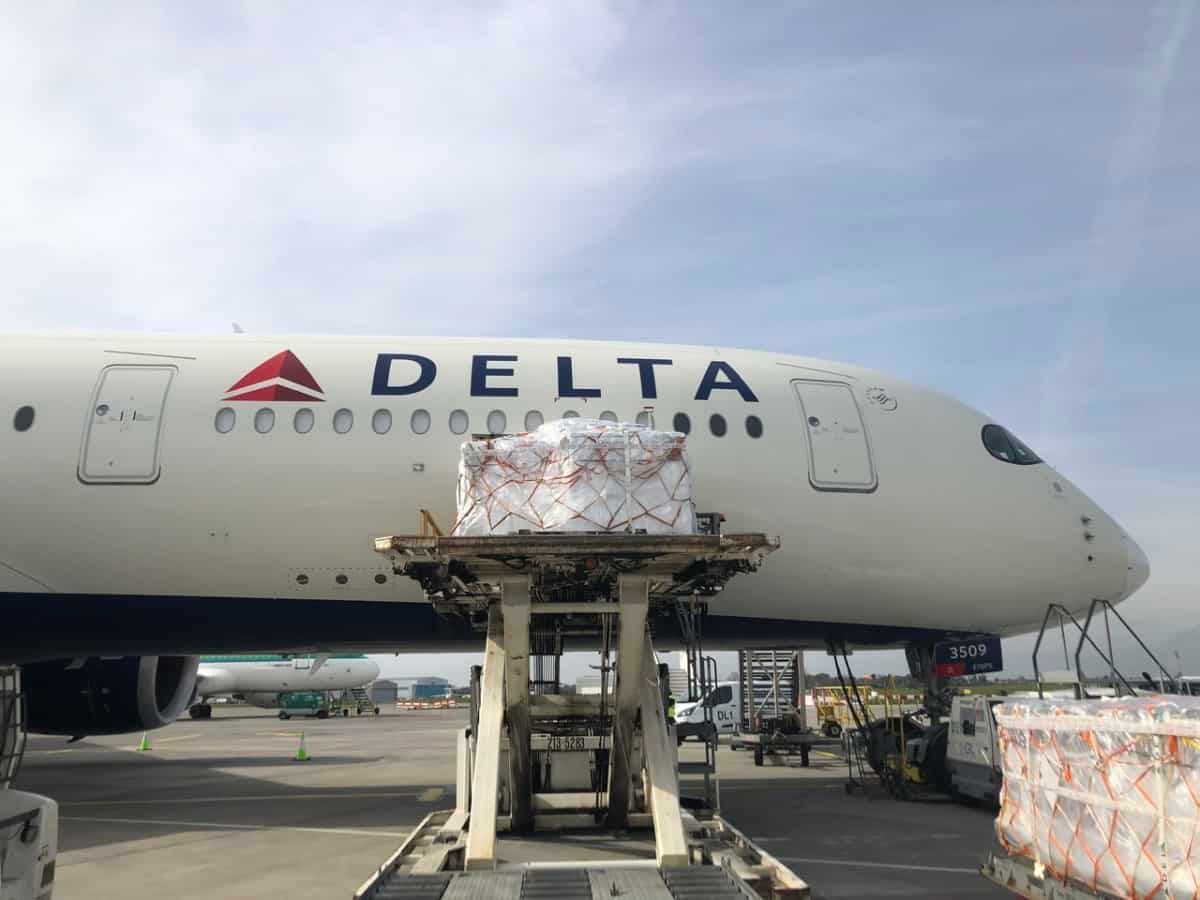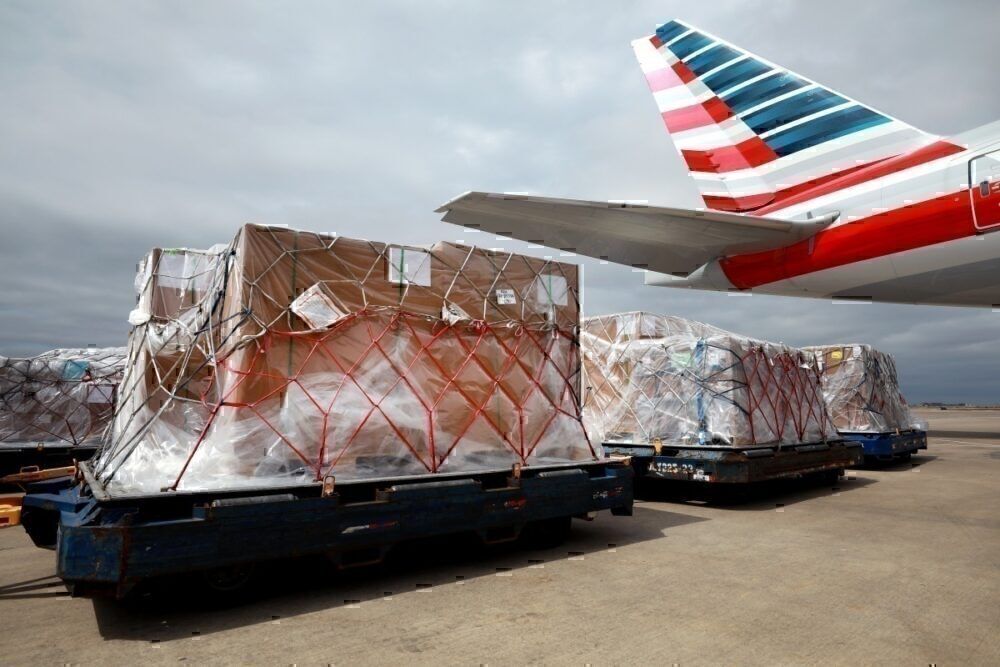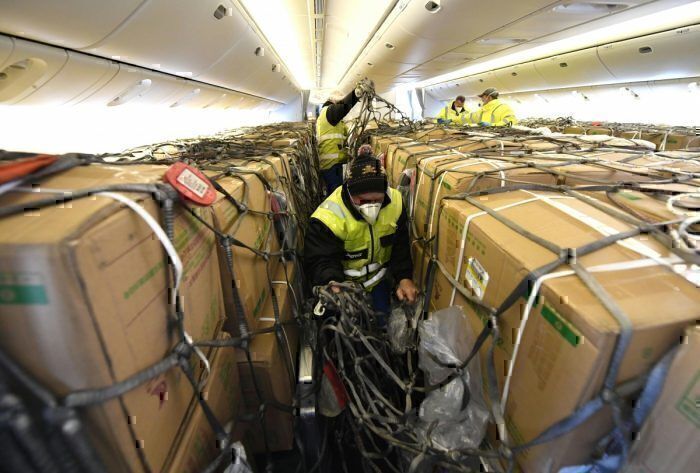The Federal Aviation Administration (FAA) yesterday shared that it will allow carriers from the United States to remove seats and use seat tracks on passenger aircraft to secure cargo if there are no customers onboard. The governmental body is also extending a previous exemption that allowed airlines to carry goods on seats until next July.
An in-demand industry
Airlines for America previously applied for the exemption to remove seats in spring. The group expressed that it was in the interest of the public that aircraft are available to move vital goods during the global health crisis. Subsequently, according to Supply Chain Dive, the FAA has now allowed for these exceptions to be in place until July 10th, 2021.
Stay informed: Sign up for our daily aviation news digest.
Many airlines have ramped up their shipping services on the back of the coronavirus pandemic. With passenger demand low due to travel restrictions, firms have turned their attention to transporting materials.
The world is more reliant on shipments than ever before. There are many people in lockdown who are in need of home deliveries. Moreover, essential medical supplies are in high demand. Therefore, several airlines have been putting their aircraft to good use despite the lack of passengers.
For instance, United Airlines used its Boeing 787 jets to bring ventilators, personal protective equipment, and other supplies from China. These goods have been valuable for medical personnel across the US who have been trying to combat the virus on the frontline.
More flexibility
Various carriers outside the US were able to maximize shipping potential per journey by completely removing seats on their jets. An example is when Lufthansa removed all of the seats from four of its Airbus A330s. So, the update from the FAA could allow US operators to continue supporting emergency response efforts with greater efficiency.
Brandon Fried, the executive director for The Airforwarders Association, which is a global alliance of indirect air carriers, cargo airlines, and affiliated businesses, spoke about the importance of this update. He emphasized how it will make processes much easier for airlines. Ultimately, the group regrets that these rules did not come sooner.
"U.S. passenger airlines have operated thousands of the 'ghost' flights globally and we are glad they will have the option of flying them without seats to accommodate more cargo," Fried said, as reported by Supply Chain Dive.
However, removing seats can be a time consuming and expensive process so unless already planned as part of a refurbishment, carriers may need to accurately predict the long-term sustainability of demand to justify the cost."
Progressive move
Altogether, with the US still getting to grips with how to tackle the pandemic, passenger demand could continue to fluctuate. Additionally, with daily cases of the virus remaining high in the country, essential goods must be delivered efficiently. Therefore, any initiative to help airlines maintain some sort of regular business while serving the public will prove to be useful.
Simple Flying reached out to several US-based carriers regarding this update by the FAA. Representatives from American Airlines and United Airlines informed us that they will not remove seats for their cargo services. Meanwhile, a Delta Air Lines spokesperson said the firm is currently evaluating the use and opportunity of removing seats in aircraft for cargo purposes.
What are your thoughts about the FAA's exceptions? Do you think that these are good for the industry? Let us know what you think in the comment section.



